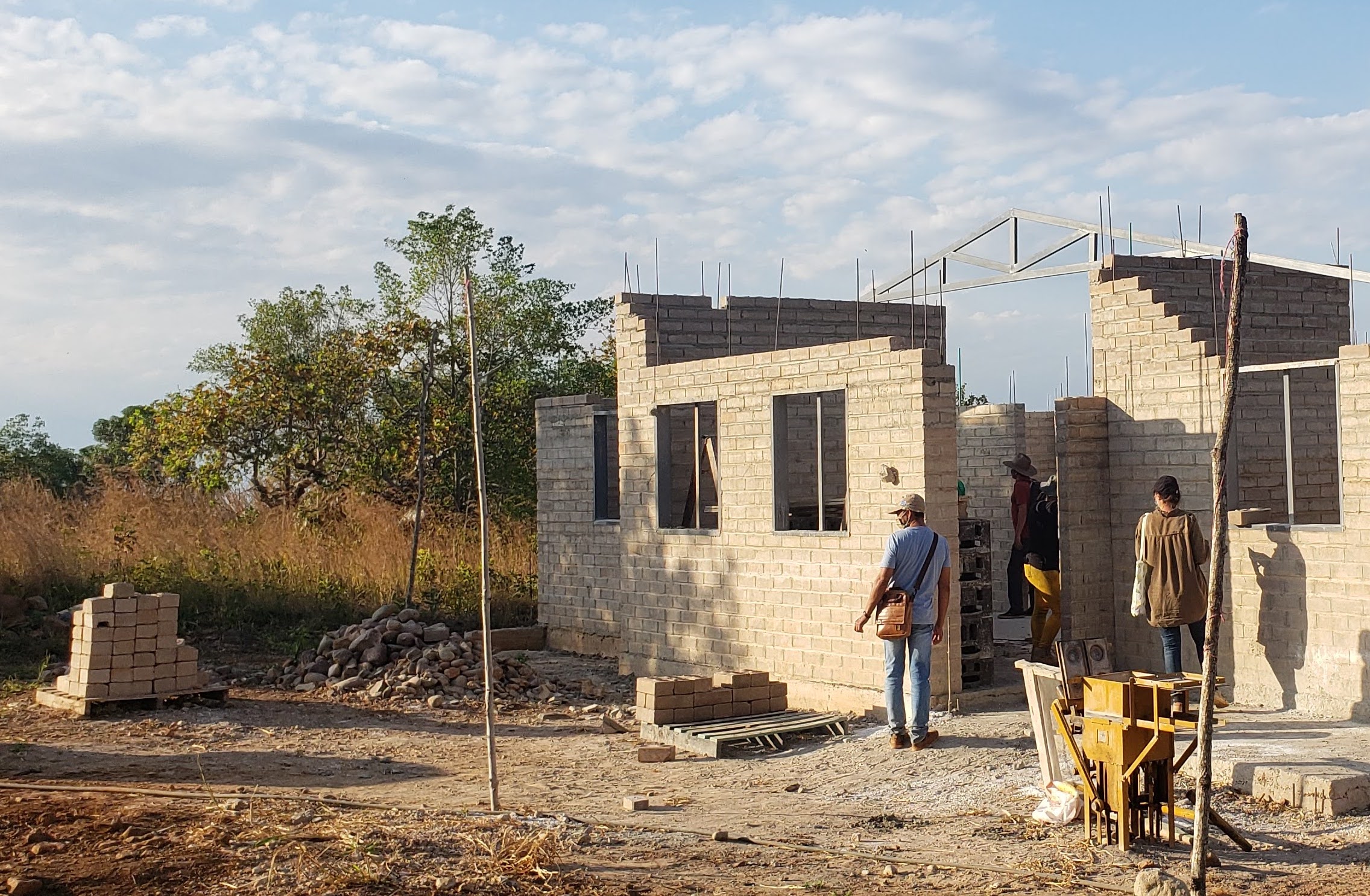Negotiating Space For Cooperative Housing In Latin America. The Case Of Post-Conflict Colombia And El Salvador
A research funded by the Swiss National Science Foundation SPIRIT.

Housing cooperatives emerged in the mid-nineteenth century in Europe and played a key role in peacebuilding, reconciliation, and reconstruction in the aftermath of World War I and World War II. In recent years, following the global financial crisis, the governmental withdrawal from the housing sector and the inability of the private sector to cater to the needs of the poor, housing cooperatives are being rediscovered as a potentially effective mechanism for the provision of affordable non-speculative housing. While cooperatives in general continue to be advocated as key players in peacebuilding and reconciliation there is hardly any empirical evidence on the specific role of housing cooperatives in reconstruction after more recent conflicts. The lack of research on this topic contrasts the fact that innovative housing solutions are urgently needed for the millions of people who are rendered homeless each year by violent conflicts and disasters. This makes the recent emergence of bottom-up housing cooperatives initiatives by former combatants in post-conflict Colombia and El Salvador particularly relevant to study and raises several questions to be researched from a historical, institutional and gender perspective:
- What is their role in reintegration into civil society of former combatants? Can their cooperative housing initiatives develop into a housing strategy for socially disadvantaged communities in general?
- In what type of organisations will they evolve?
- Will they be able to occupy more than a niche in their respective national housing systems? Under what conditions?
Through the analysis of secondary sources, content analysis of project and policy documents and interviews with key informants we will study the re-emergence of housing cooperatives in Latin America. We will further conduct in-depth case studies of the emerging housing cooperatives initiated by ex-combatants in Colombia and El Salvador, whereby we hypothesize that a number of context-specific factors will determine their future role. Our research will focus on three interlinked thematic domains: (i) the socioeconomic and institutional context in which the cooperatives are embedded; (ii) their organisational structure and their members’ values, principles, and aspirations; and finally: (iii) their capacity to develop innovative, sustainable, affordable, and inclusive housing solutions for their own members and for socially disadvantaged people in general. With a focus on two countries where a new generation of housing cooperatives are emerging in post-conflict contexts, the project will further make an important contribution to rediscover their role in post-conflict reconstruction, a domain in which innovative approaches are urgently needed.
- external page UNAL – Universidad Nacional de Colombia, Insituto de Estudios Urbanos,
- SPUR – ETH Spatial Development and Urban Policy